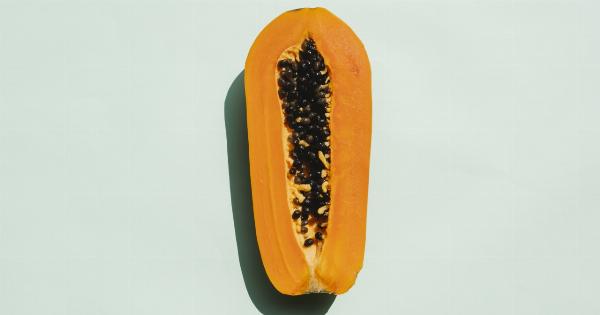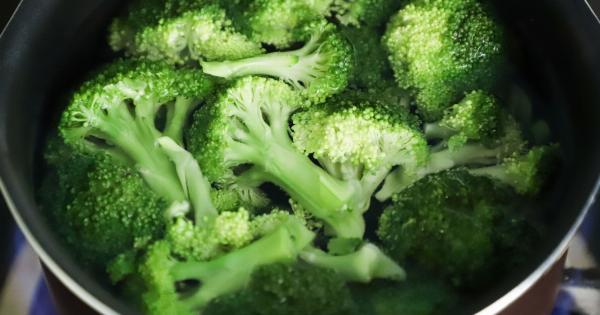Many people are interested in knowing more about lectins and how they can affect our health. Lectins are proteins found in plants that can bind to specific sugar molecules.
They are commonly found in foods such as legumes, nightshade vegetables, grains, and dairy products.
What are the Different Types of Lectins?
There are several different types of lectins found in our diet. Some of the most well-known lectins include:.
- Phytohaemagglutinin, found in red kidney beans
- Solanine, found in potatoes and eggplants
- Wheat germ agglutinin, found in wheat and other grains
What are the Health Effects of Lectins?
Lectins have been linked to a variety of health effects, both positive and negative. On the one hand, lectins can bind to harmful bacteria and viruses in the intestines, thus helping to protect against infections.
They can also help to regulate blood sugar levels and promote healthy digestion.
On the other hand, some people believe that lectins can cause digestive problems and inflammation in certain individuals, especially those with a history of autoimmune diseases.
Additionally, some lectins may interfere with the absorption of important nutrients, such as calcium and iron.
What Foods Should I Avoid if I’m Concerned About Lectins?
If you’re concerned about the potential health effects of lectins, there are several foods that you may want to avoid or limit in your diet:.
- Legumes, such as beans, lentils, and peas
- Nightshade vegetables, such as potatoes, tomatoes, and peppers
- Grains, including wheat, barley, and oats
- Dairy products, especially those made from A1 milk
What Are Some Lectin-Free Alternatives?
If you’re looking for lectin-free alternatives to the foods listed above, there are several options to choose from:.
- Non-nightshade vegetables, such as broccoli, cauliflower, and leafy greens
- Gluten-free grains, such as quinoa, rice, and corn
- Nut milks, such as almond and cashew milk, instead of dairy milk
- Meat, fish, and eggs are all lectin-free sources of protein
How Can I Reduce the Amount of Lectins in My Diet?
While it’s difficult to completely eliminate lectins from your diet, there are several strategies that may help you to reduce your intake:.
- Soaking and sprouting legumes and grains can help to reduce their lectin content
- Cooking foods thoroughly can help to break down some of their lectins
- Peeling and deseeding fruits and vegetables, such as tomatoes and cucumbers, may help to reduce their lectin content
- Choosing non-GMO and organic produce may help to reduce your exposure to lectins and other harmful substances
Final Thoughts
Lectins are a complex topic, and the health effects of these proteins are still being studied.
While some people may be more sensitive to lectins than others, most individuals can safely consume a balanced diet that includes a variety of fruits, vegetables, grains, and other foods. If you’re unsure about whether lectins are affecting your health, it’s always a good idea to talk to your doctor or a registered dietitian for personalized advice and guidance.































